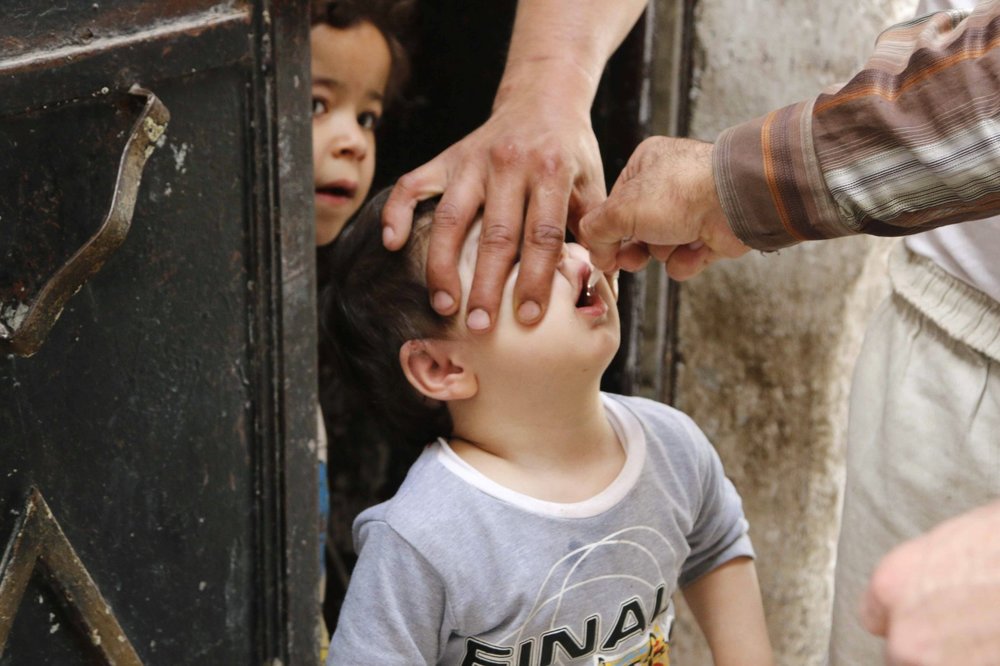Tik Root | The Guardian | Photo: Eliana Aponte/Reuters
Around 11pm, on a temperate Friday last August, Officer Troy Owens was patrolling south-eastern San Diego. Peering through his driver’s side window into the darkness, he scanned the streets until his eyes stopped on the corner of 47th and Market. “Somebody trying to hide from me?” he wondered aloud. “Yup,” he answered, swinging the SUV around, and turning on the flashing lights.
Owens, who has worked for the San Diego police department for nearly 20 years, pulled toward the curb and got out of his car. As he approached, three teenagers slowly slunk out from behind an electrical box: a boy, David, 15, whose identity, along with those of other minors, is being protected, and two girls. Heads hanging, shoulders slouched, they knew they were caught. All three were soon searched, handcuffed, and put in the back of cars for the ride to the command post – a local Boys & Girls Club.
Were the teenagers picked up for using drugs? No. Drinking? No. Had they fled a store without paying for their goods? Hardly. Their crime: being out past curfew.













